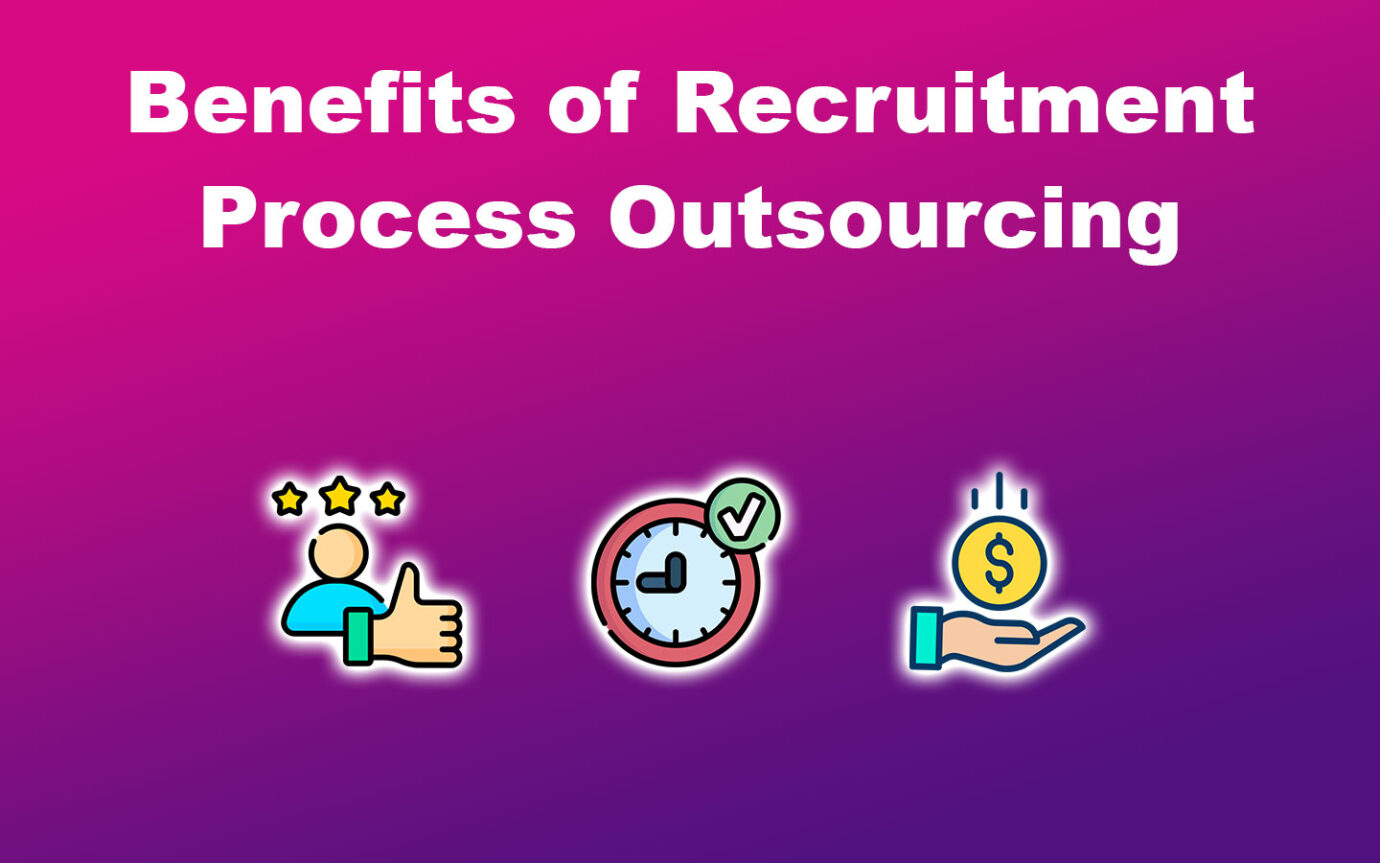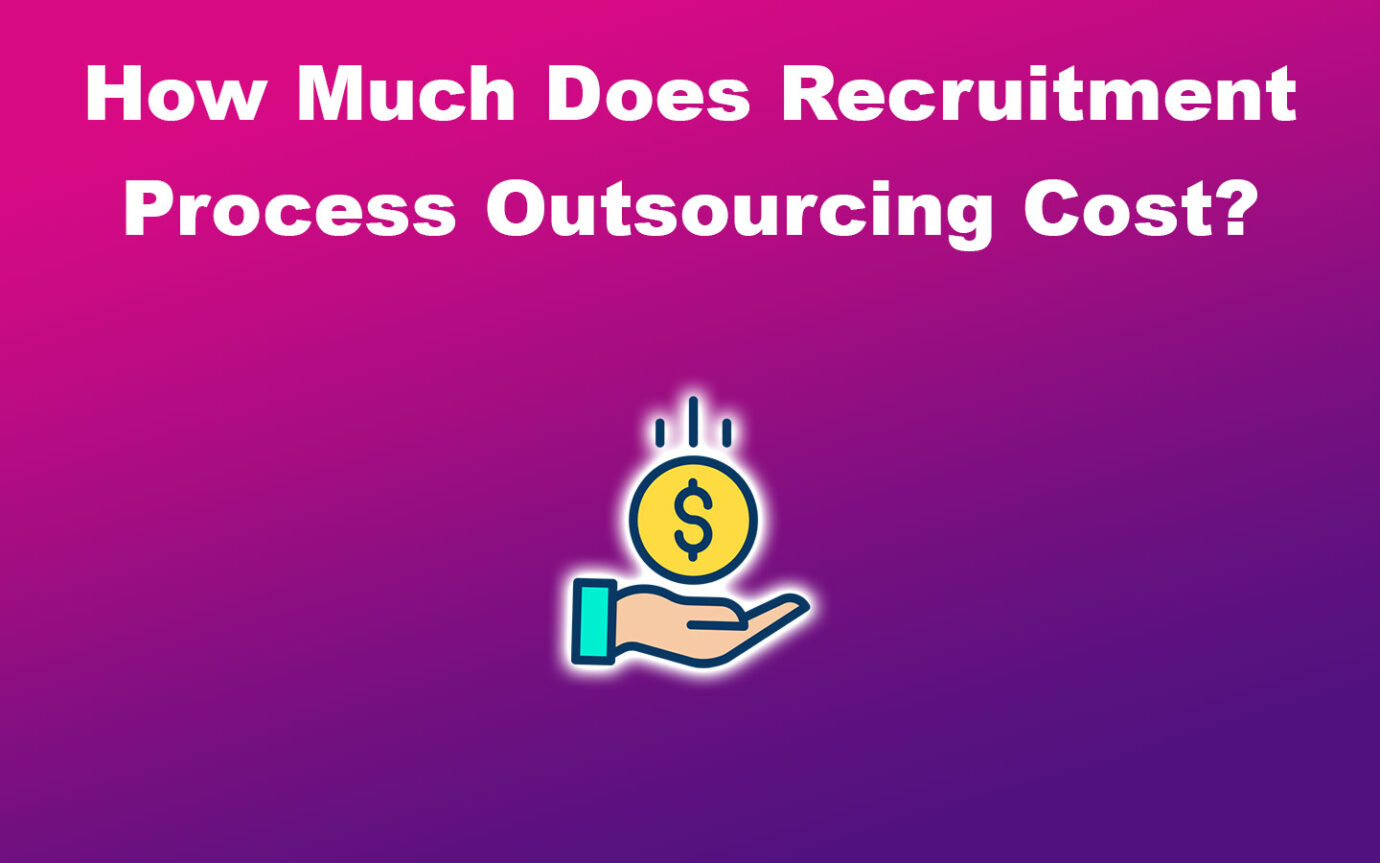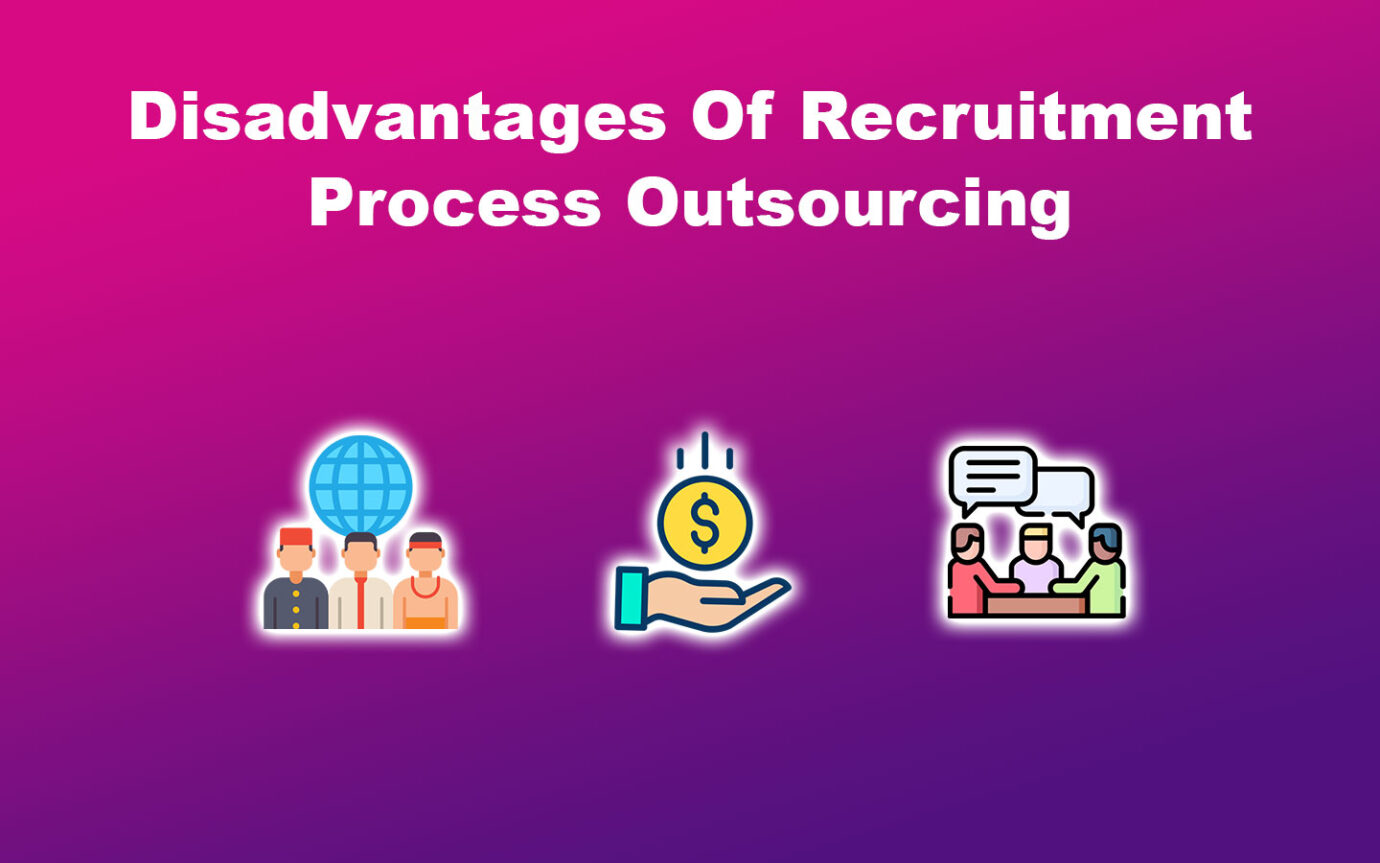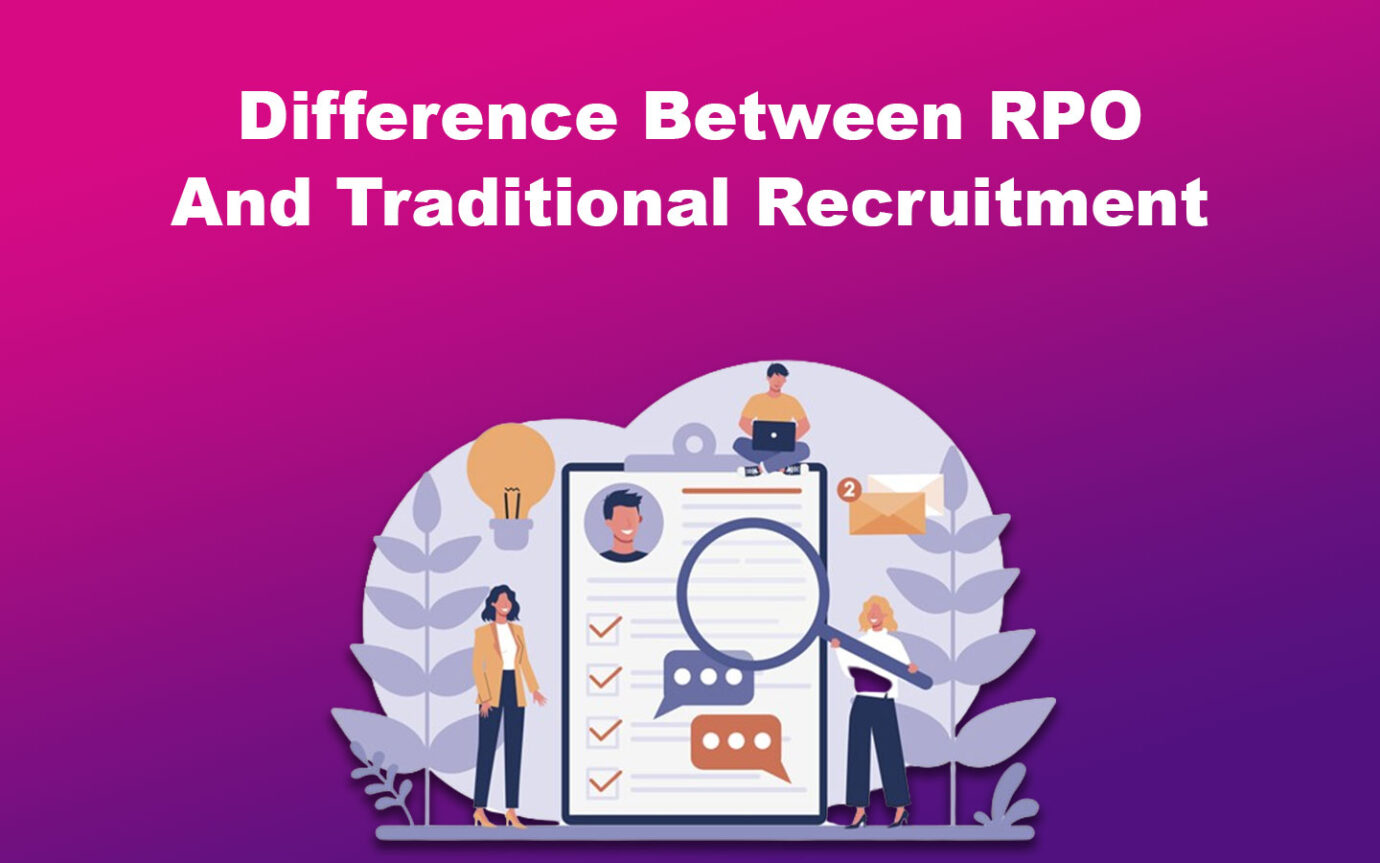Running a business is challenging, and managing the hiring process can be overwhelming. That’s where outsourcing comes in. Whether you do the hiring or ask your HR to do it, outsourcing parts of a job can save time and money while bringing the right team to your company.
In this article, we’ll explore the benefits of recruitment process outsourcing and estimate the cost involved. We will also look at the five common recruitment strategies or methods to help you make an informed decision.

What Is Recruitment Process Outsourcing (RPO)?
Recruitment process outsourcing is a process where a business outsources its recruitment tasks to a third-party provider. The RPO provider can handle a part or the entire recruitment process. The goal is to reduce costs, enhance efficiency, and improve recruitment quality.
The RPO provider acts as an extension of the client’s HR department and manages the entire recruitment process from start to finish. This includes sourcing and screening candidates, conducting interviews, and making job offers.
Additionally, they can offer guidance and expertise on recruitment strategies, technology, and compliance-related issues. Forbes has more about RPO.
For better preparation, here are some factors you need to consider before you outsource your business’s recruitment process.
Benefits of Recruitment Process Outsourcing

These are the benefits of recruitment process outsourcing:
- Saves Time.
Outsourcing recruitment can speed up the hiring process. This leads to faster candidate identification, evaluation, and onboarding, which saves time. - Enhanced Quality of Hires.
RPO providers have the expertise and resources, such as AI-powered screening tools, to attract, screen, and pick the best candidates for the job. This enhances the quality of hires and streamlines the recruitment process. - Reduces Costs.
Another benefit of outsourcing the recruitment process is reduced costs associated with hiring new employees. It eliminates the need to maintain an in-house recruitment team and associated infrastructure. - Boosts Innovation.
RPOs can assist companies in accessing innovative recruitment strategies and technologies. They can also free up time for companies to focus on core business functions, including developing innovative solutions. - Improves Employer Branding.
RPOs can create a positive candidate experience, improving the company’s reputation in the job market. This may attract more high-quality candidates, enhancing your talent pool and competitiveness. - Increases Scalability.
Recruitment process outsourcing is also beneficial to organizations that experience hiring fluctuations. Whether there is a sudden surge or temporary reduction, they can adjust their resources accordingly, offering flexibility to changing business demands.
Learn more about the benefits of recruitment process outsourcing from LinkedIn.
Related: Pros & Cons of HR Outsourcing
How Much Does Recruitment Process Outsourcing Cost?
The cost of recruitment process outsourcing depends on the provider’s scope of work, location, and hiring volume. If the provider outsources screening, interviewing, and more, the cost will be higher than when they take only one or two aspects.

Recruitment process outsourcing providers in countries with a higher cost of living are likely to charge more than those with lower costs of living. For instance, a provider in the United States will likely charge more than one in the Philippines.
Also, a company that requires more hires will generally pay less than one that requires fewer. The RPO provider charges a fee based on the new hire’s salary, so the higher the number of hires, the better the rate.
Also Read: Artificial Intelligence Annotation
How to Choose a Recruitment Process Outsourcing Provider
Follow these steps to choose a recruitment process outsourcing provider:
Step 1: Identify Your Objectives
Outline your recruitment goals and objectives, determine areas that require assistance, and decide the scope of RPO service needed.
Step 2: Find Candidates With Industry Experience
Look for an RPO provider with experience in your industry. This will ensure that they understand your business’s unique challenges and requirements.
Step 3: Check the Candidate’s Technological Capability
Choose a provider who utilizes recent technology, such as applicant tracking systems and data analytic tools, to make the recruitment process more efficient. This also enhances efficiency and improves the quality of hires.
Step 4: Ensure Good Reputation
Research the potential RPO provider’s reputation and track record. Look for testimonials or case studies to gain insights into their past performance and client satisfaction levels. You can also check online reviews and industry recognition to establish credibility and reliability.
Step 5: Look for an RPO Provider With a Similar Culture to Your Company
Choose a potential RPO provider whose culture is close to, if not aligned with, your organization’s culture. This will ensure smooth and effective communication.
Step 6: Check the Provider’s Cost
Evaluate the RPO provider’s cost structure and consider the return on investment. Assess their ability to reduce time and cost per hire, improve candidate quality, and enhance overall recruitment efficiency.
Step 7: Review Service Level Agreements (SLAs)
Before signing the deal, review the RPO provider’s legal service legal agreements. This should include an assessment of the quality of hire and candidate satisfaction, ensuring that they align with your values. Find out more about choosing the right RPO provider from LinkedIn.
You can also use these steps when outsourcing a BPO account.
Disadvantages of Recruitment Process Outsourcing
Besides the benefits of recruitment process outsourcing, allowing a third-party provider to manage your recruitment can have potential disadvantages. If not addressed, they can negatively impact business growth.
Here are the disadvantages of recruitment process outsourcing in detail:

- Cost.
The cost of RPO recruitment may not be comparable to hiring in-house staff. You will have to pay for various services, including advertising, which can be very expensive and unfavorable to small companies. - Communication Problems.
Effective communication is key to the success of any business. However, communication gaps can occur once you let the RPO team control your recruitment. This can lead to misunderstandings, delays, or even collapse of the recruitment process. - Loss of Control.
Hiring an external agency to handle your recruitment means giving up some control over the process. You cannot scrutinize the selection process or even the types of candidates chosen. This is a concern if you want to adjust or maintain the client’s quality standards. - Cultural Issues.
If the recruitment agency is not based in your region, they may not be aware of your organizational culture and values. As a result, they may hire candidates who don’t have the required skills or don’t fit in with your organizational culture.
LinkedIn has an article discussing the disadvantages of utilizing RPO.
What’s the Difference Between RPO and Traditional Recruitment
The difference between RPO and traditional recruitment is their scope of work, accountability, and cost structure. Traditional recruitment is transactional and limited to specific roles and projects. RPO can offer a solution that covers the process from start to finish.

Regarding accountability, traditional recruitment works alongside the client’s internal HR team, and the client has the final say over the management and selection of candidates. However, RPO takes a higher level of responsibility for the recruitment results.
Furthermore, the RPO cost structure is based on the scope and complexity of services, including the expenses related to the recruited individuals. In contrast, traditional recruitment charges a fee based on the candidate’s first-year salary or a rate for successful applicants.